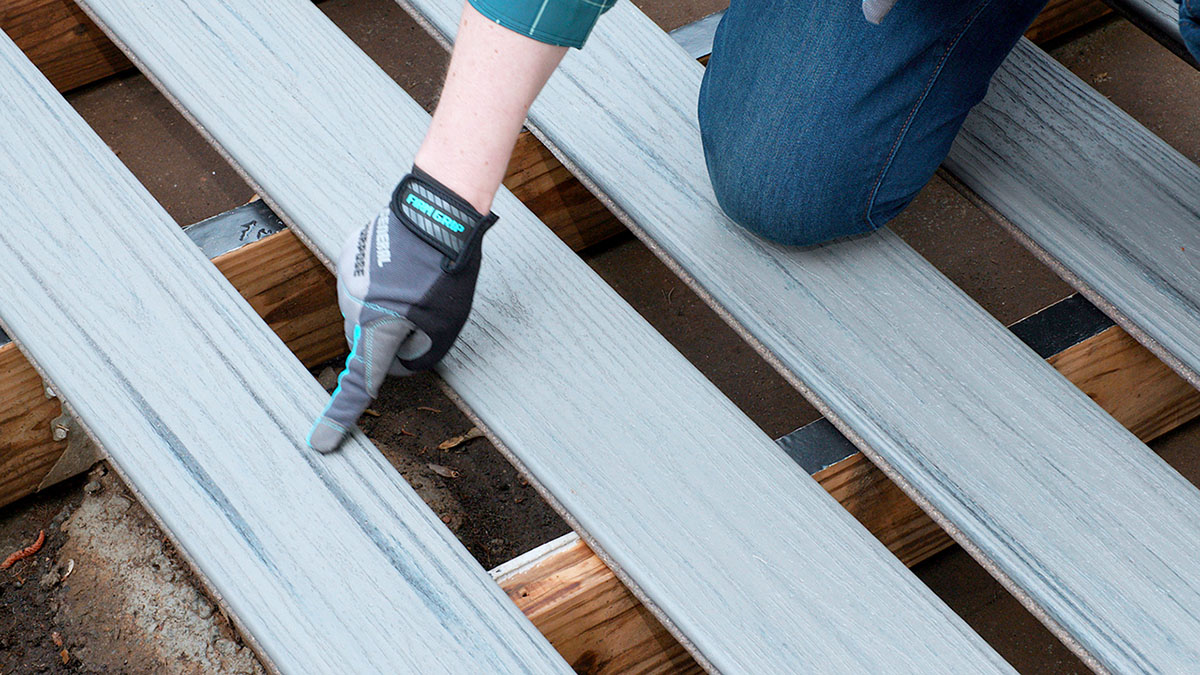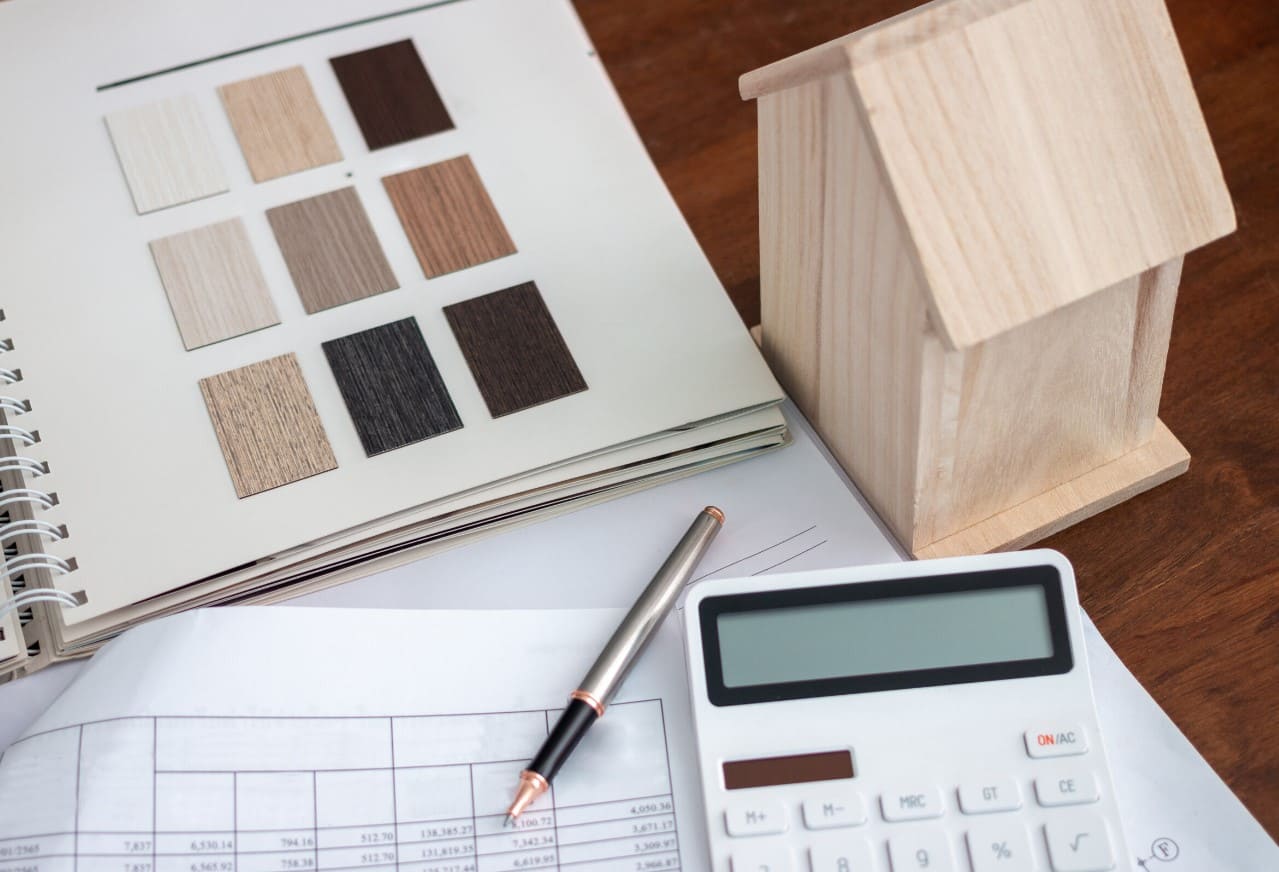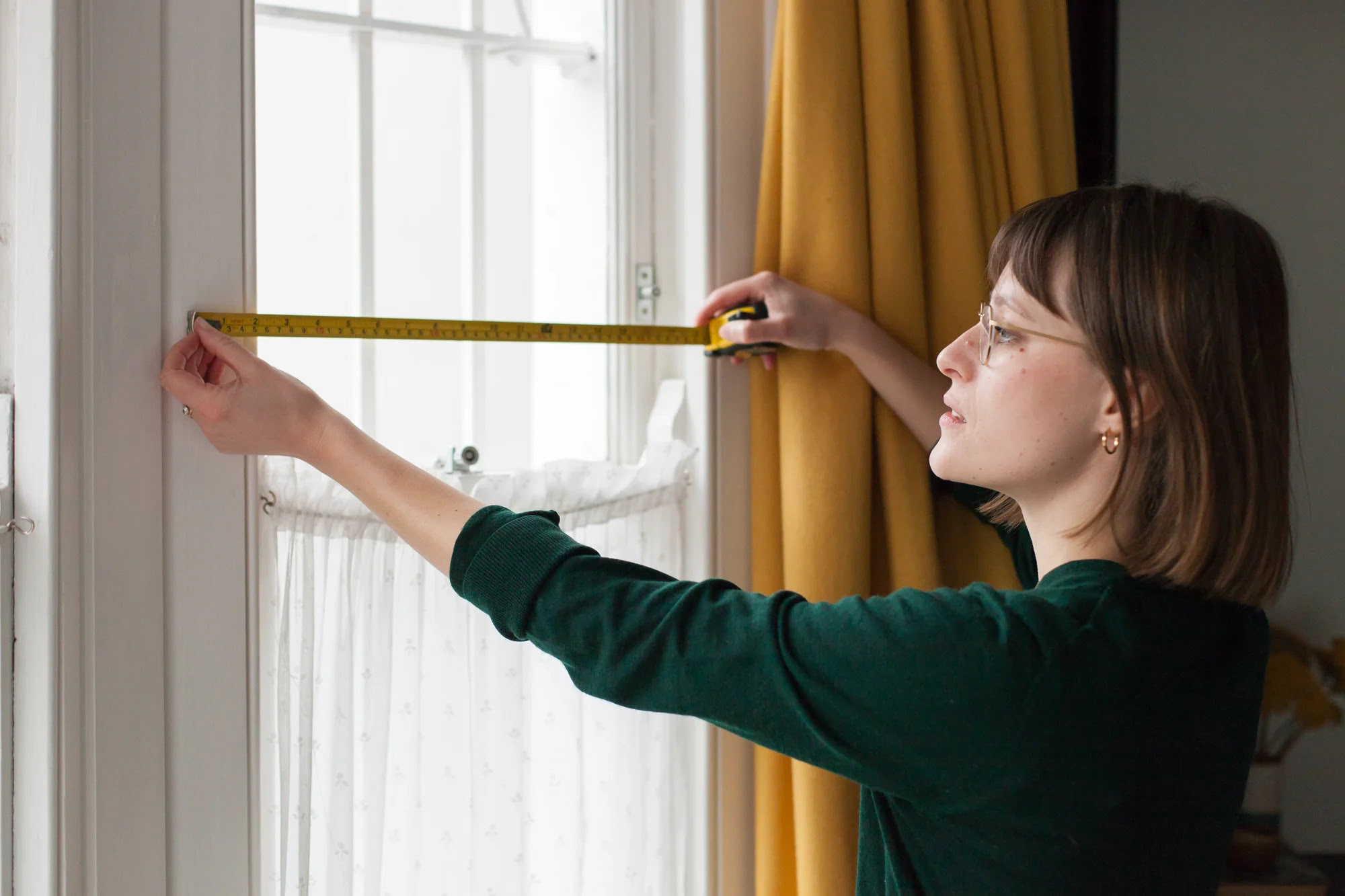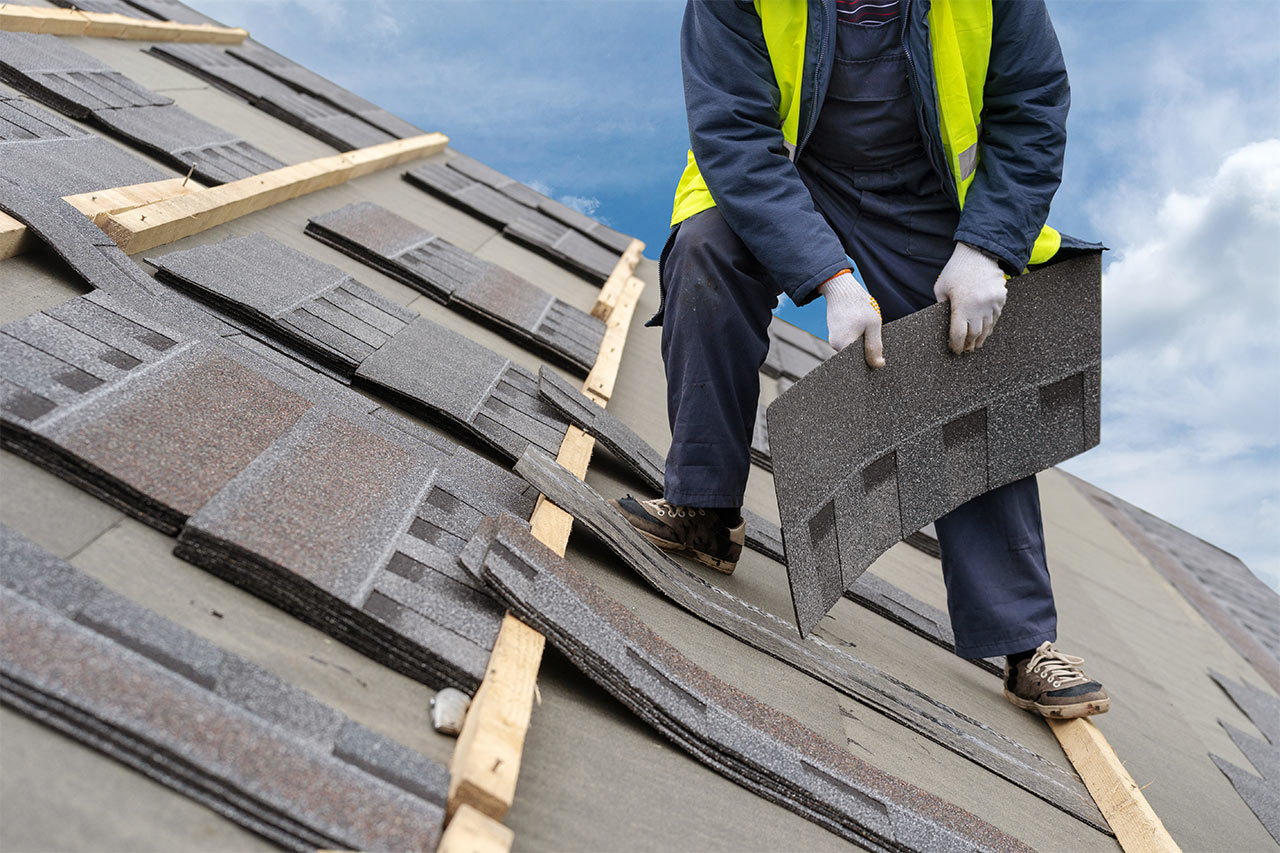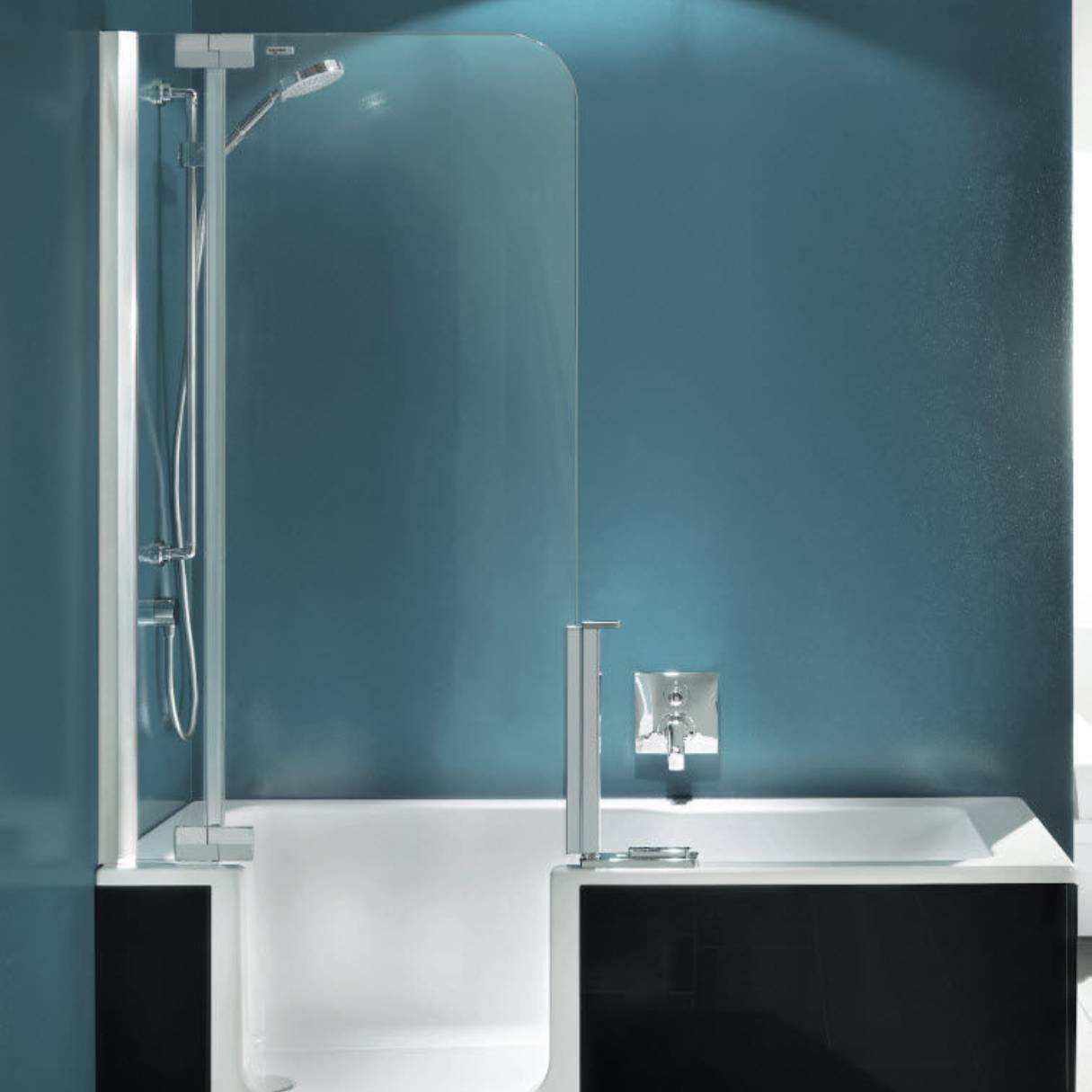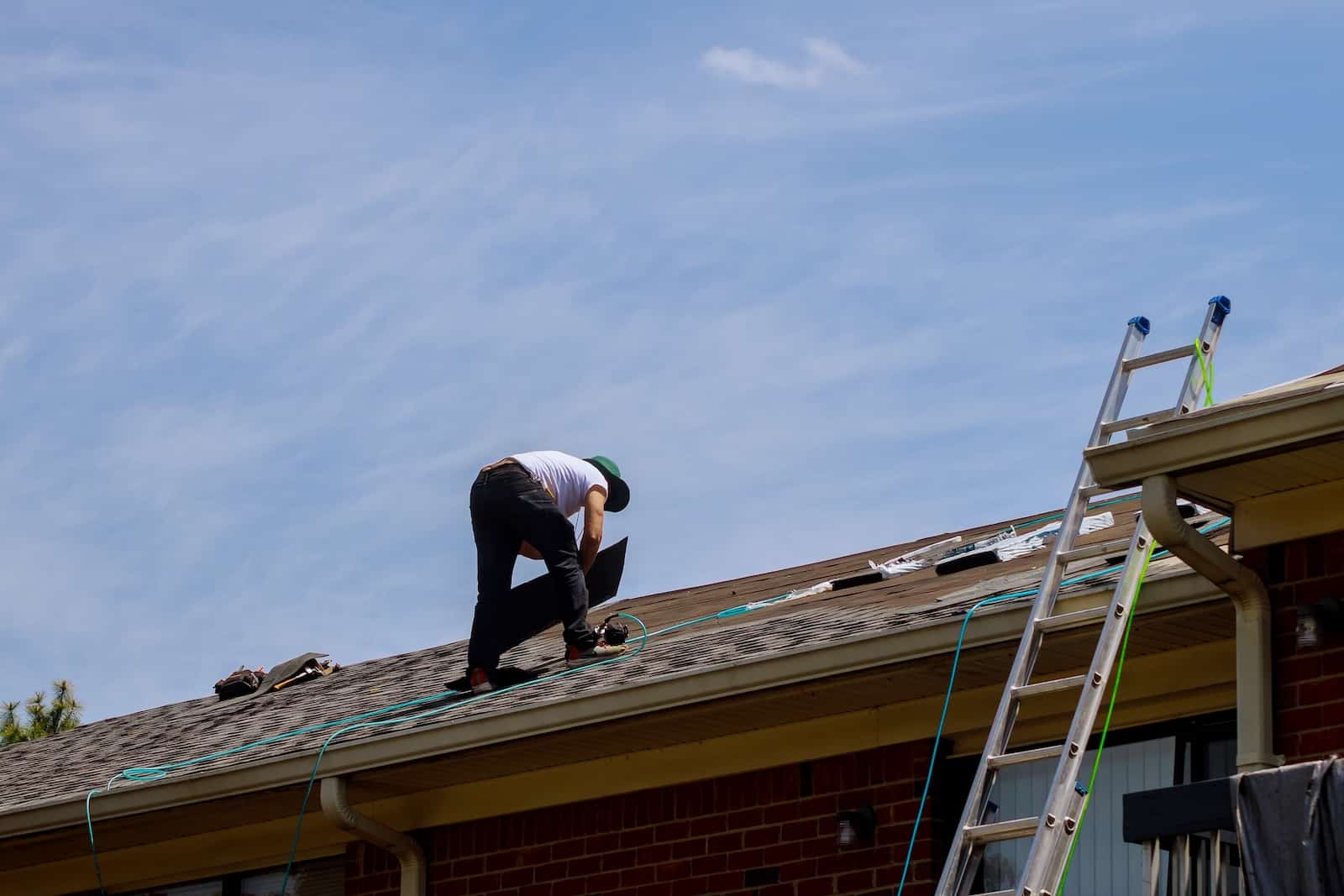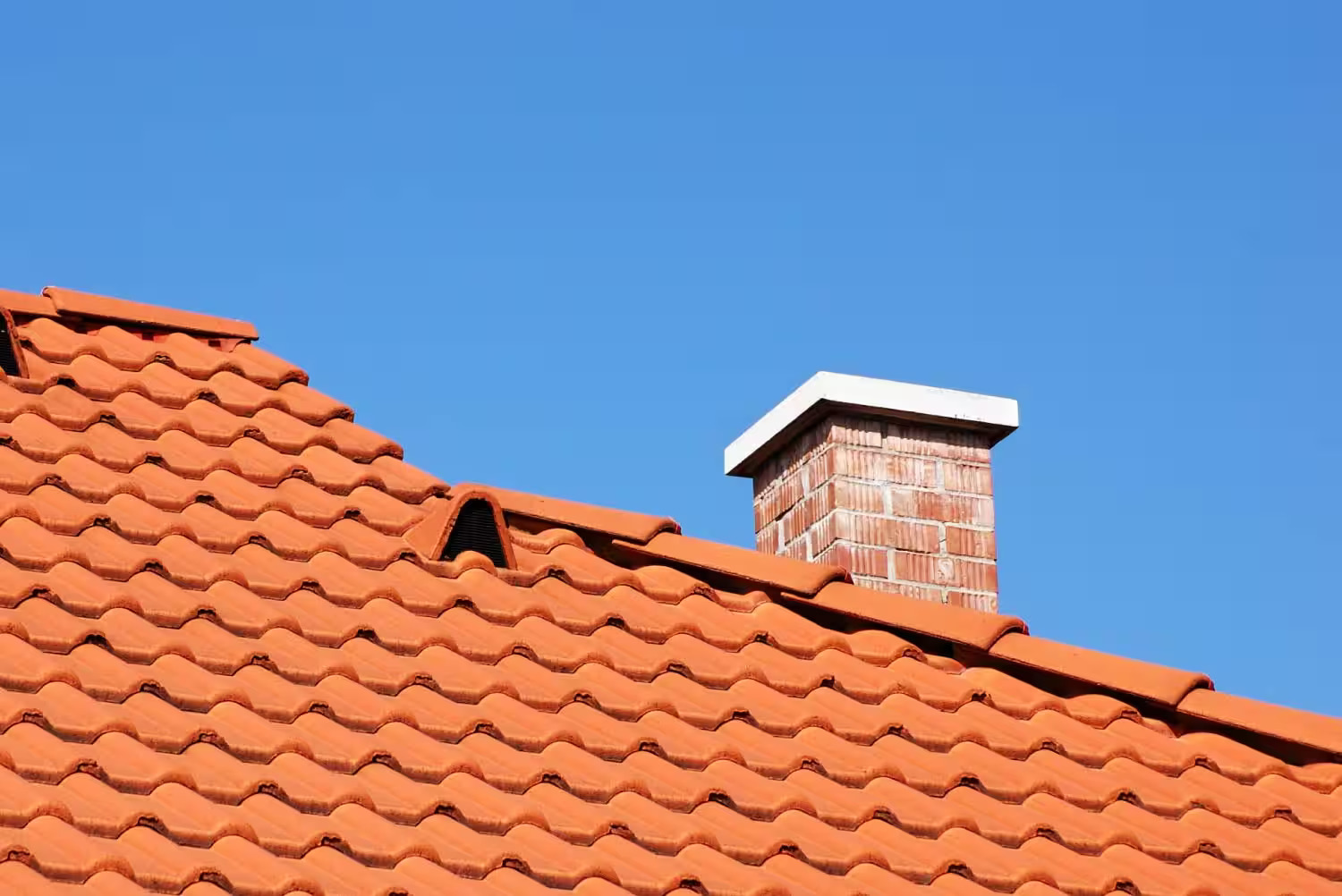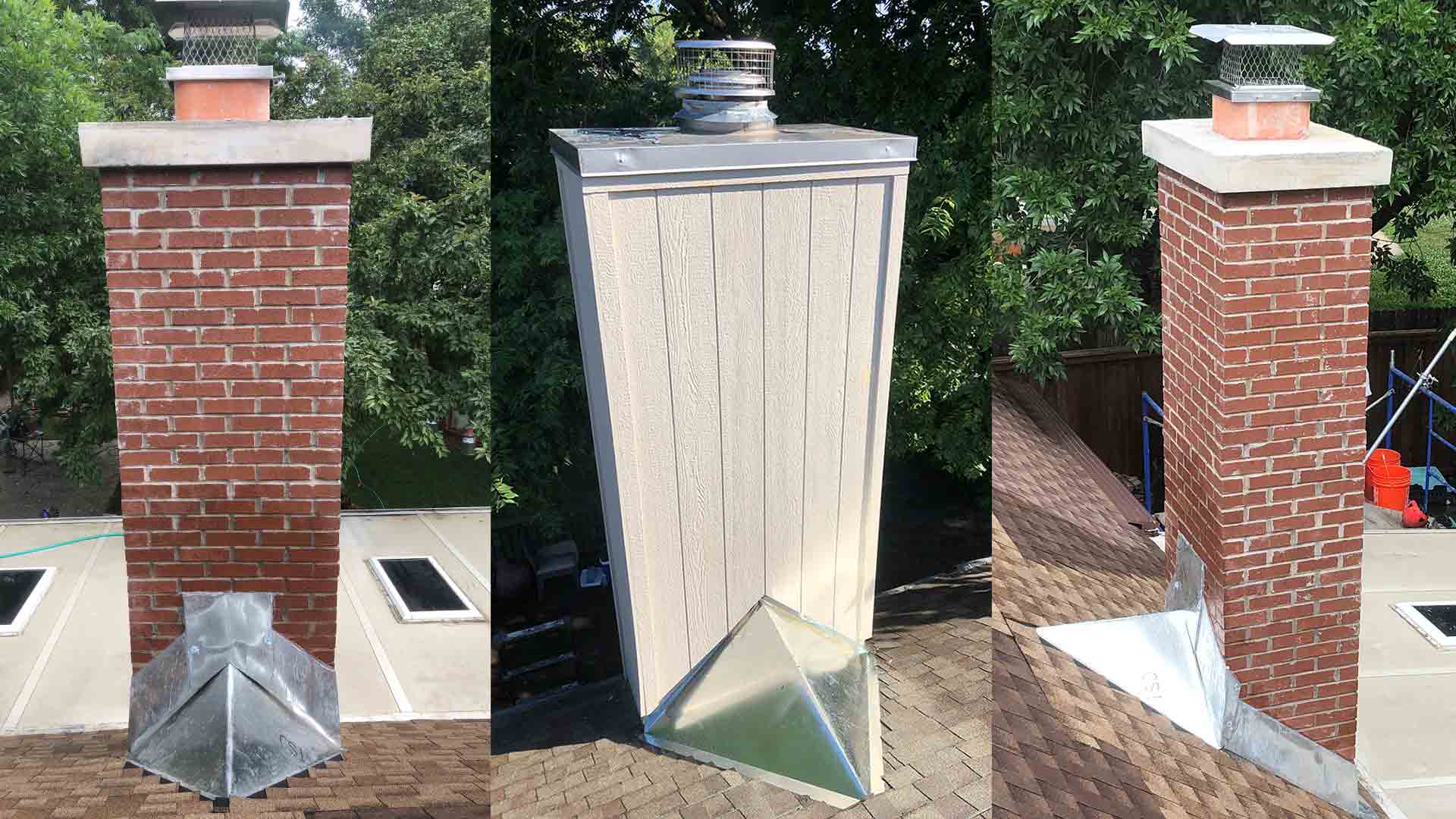Home>Home Maintenance>How To Figure Out Home Repair Costs
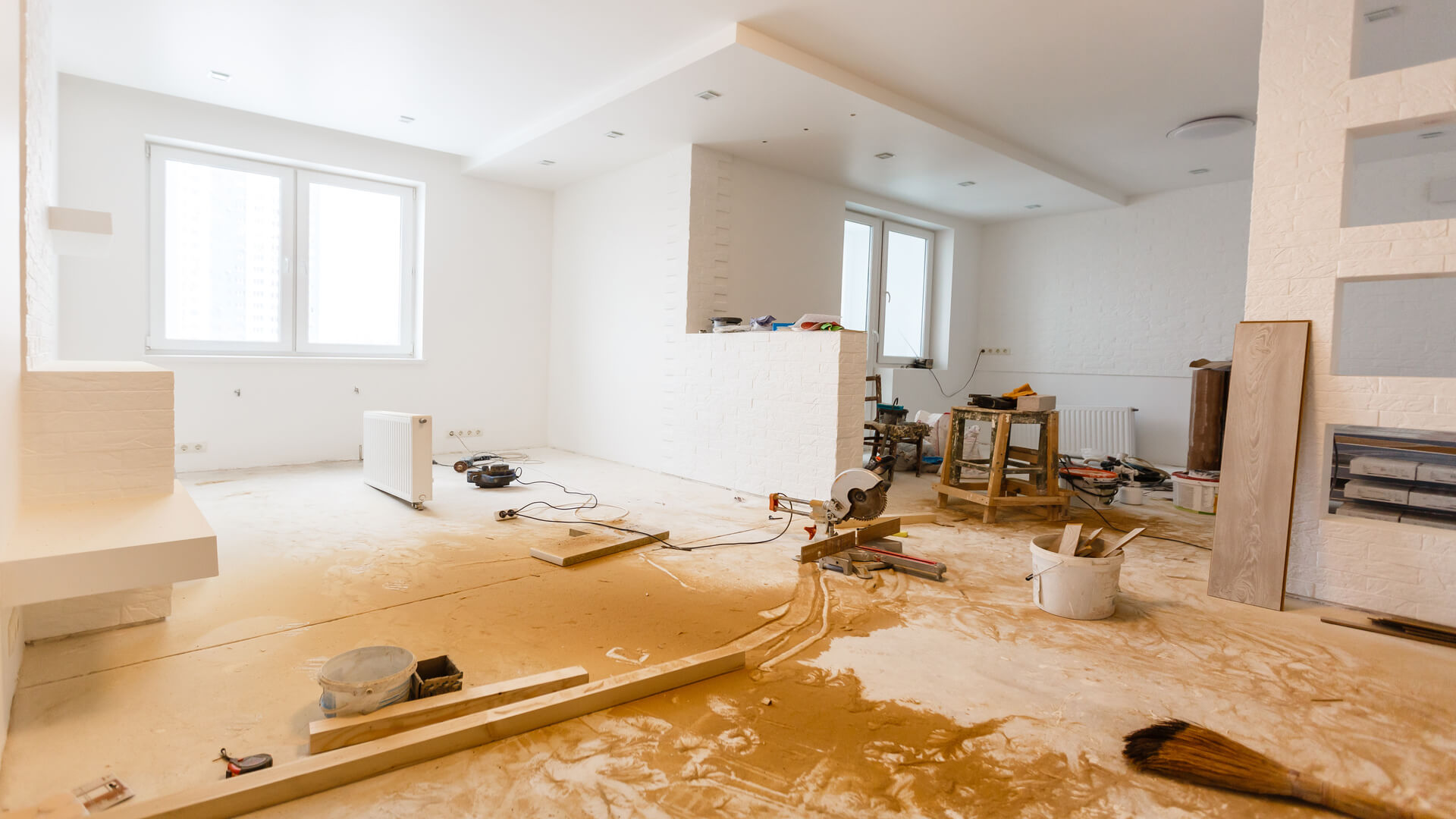

Home Maintenance
How To Figure Out Home Repair Costs
Modified: March 6, 2024
Learn how to accurately calculate home repair costs and plan your budget with our comprehensive guide. Discover tips and techniques to save money on home maintenance projects
(Many of the links in this article redirect to a specific reviewed product. Your purchase of these products through affiliate links helps to generate commission for Storables.com, at no extra cost. Learn more)
Introduction
Welcome to the world of home repairs! Whether you’re a first-time homeowner or a seasoned pro, keeping up with home maintenance and repairs is an essential part of homeownership. From fixing leaky faucets to replacing worn-out flooring, there’s always something that needs attention around the house.
One crucial aspect of planning for home repairs is understanding the associated costs. Figuring out how much a repair or renovation project will cost can be a daunting task, but with a little research and careful consideration, you can gain a better understanding of the financial implications of your home repairs.
In this article, we will explore how to assess the scope of home repairs, research cost estimates, and consider the factors that can affect the overall costs. Additionally, we’ll delve into whether it’s more cost-effective to tackle repairs yourself or hire a professional. We’ll also discuss budgeting, obtaining quotes, and negotiating the costs of home repairs. By the end, you’ll be equipped with valuable insights to help you manage your home repair costs effectively.
While it’s important to keep in mind that specific repair costs can vary depending on your location, the size and age of your home, and the materials needed, this article will provide you with a general overview to help you navigate the world of home repair costs.
So, whether you’re facing a minor repair or a major renovation project, let’s dive in and discover how to figure out home repair costs!
Key Takeaways:
- Assess the scope of home repairs by prioritizing urgent fixes and considering long-term impacts. Consult professionals for accurate cost estimates and ensure thorough assessment before budgeting for repairs.
- Obtain multiple quotes, research costs, and negotiate with contractors to manage home repair expenses effectively. Prioritize safety and quality, and consider DIY options for minor repairs within your capabilities.
Assessing the Scope of Home Repair
Before you can determine the cost of a home repair project, it’s important to assess the scope of the work that needs to be done. Take a walk around your home and carefully inspect each area that requires attention. Make a list of all the repairs that need to be addressed, from the smallest fixes to the more significant renovations.
Consider the specific issues you are facing. Is it a leaky pipe, a cracked window, or a sagging roof? Understanding the precise nature of the problem will help you determine the appropriate solutions and estimate the costs involved.
Next, prioritize the repairs based on urgency and importance. Categorize them into “must-do” repairs that pose a threat to the safety or structural integrity of your home, and “nice-to-have” repairs that are more cosmetic or non-essential. This will help you allocate your resources wisely and tackle the most critical repairs first.
Additionally, consider the long-term impact of the repair. Will fixing a particular issue now prevent more significant problems down the line? It’s crucial to address underlying issues rather than opting for quick fixes that could lead to more extensive and expensive repairs in the future.
Once you have a clear understanding of the repairs needed and their priorities, you can begin to estimate the costs involved. Keep in mind that certain repairs, such as electrical or plumbing work, may require the expertise of professionals. In such cases, it’s best to consult with reliable contractors or specialists to assess the scope of the repairs and provide accurate cost estimates.
Remember, assessing the scope of home repair is an essential first step in understanding the costs involved. Take your time, be thorough, and consult professionals when necessary. By doing so, you will have a solid foundation for estimating and managing your home repair expenses.
Researching Cost Estimates
Once you have assessed the scope of your home repair project, it’s time to research cost estimates. This step is crucial in helping you budget and plan for the expenses involved. Here are some valuable tips to consider when researching cost estimates:
- Online Research: Start by conducting online research to get a sense of the average costs for similar repairs in your area. There are numerous websites and resources available that provide cost estimates for various home repair projects. Keep in mind that these estimates are often approximate, so it’s essential to take them as a starting point rather than a definitive amount.
- Seek Multiple Quotes: Contact reputable contractors, repair companies, or professionals who specialize in the specific repair you need. Request quotes from at least three different sources to compare prices and gauge the average cost in your area. Be specific about the scope of the work to ensure accurate estimates.
- Local Recommendations: Reach out to friends, family, neighbors, or local community groups for recommendations on reliable professionals or contractors. Personal referrals can provide valuable insights into the quality of work and pricing of repair services.
- Consider Material Costs: Research the costs of materials needed for the repair. Prices can vary depending on the quality, brand, and quantity required. Factor in these costs when estimating the overall expense of the repair.
- Avoid Lowball Estimates: Beware of excessively low estimates that seem too good to be true. While affordability is desirable, extremely low estimates may indicate subpar workmanship or the use of inferior materials. It’s crucial to strike a balance between cost and quality when selecting a contractor or considering DIY options.
- Special Considerations: Take into account any additional factors that may affect the cost. For example, if your repair requires permits or compliance with specific building codes, factor in the associated fees. Additionally, consider the time required to complete the repair, any necessary equipment rentals, or disposal fees for debris removal.
Keep in mind that cost estimates can vary significantly depending on factors such as location, the complexity of the repair, and the level of expertise required. By conducting thorough research and obtaining multiple quotes, you can gain a more accurate understanding of the costs involved in your specific home repair project. This will enable you to make informed decisions and establish a realistic budget for your repairs.
Factors Affecting Home Repair Costs
When it comes to home repair costs, several factors can influence the overall expenses involved. Understanding these factors will help you estimate and plan for the financial implications of your repair project. Here are some key factors that can affect home repair costs:
- Size and Complexity: The size and complexity of the repair play a significant role in determining the cost. Larger repairs or projects that require extensive labor and materials will naturally be more expensive. For example, replacing a single broken tile in your bathroom will be more affordable compared to retiling the entire floor.
- Location: The location of your property can impact repair costs. Costs can vary between urban and rural areas, as well as from one region to another. Factors such as local labor rates, availability of contractors, and material costs can all fluctuate based on location.
- Materials Used: The choice of materials for your repair can greatly impact the cost. High-quality materials may be pricier, but they generally offer greater durability and longevity. Conversely, opting for more affordable materials may save money upfront, but may require more frequent repairs or replacements in the long run.
- Extent of Damage: The extent of the damage or deterioration can affect repair costs. For example, a minor plumbing leak that requires just a simple pipe replacement will be less expensive than major water damage that necessitates repairing walls, flooring, and electrical systems.
- Time and Labor: The amount of time and labor required to complete the repair will impact the overall cost. If the repair involves more significant structural work or intricate craftsmanship, it will likely require more time and skilled labor, thus increasing the expenses.
- Accessibility: The accessibility of the repair area can affect costs. Repairs that are difficult to reach or require specialized equipment may require additional time and effort, leading to increased expenses.
- Permits and Regulations: Depending on the nature of the repair and local regulations, permits may be required. The cost of obtaining permits and complying with building codes should be factored into the overall cost of the repair.
- Seasonal Factors: Seasonal factors can impact the cost of certain repairs. For example, repairing or replacing a roof during the peak summer season when contractors are busy may come at a higher cost compared to scheduling the repair during a slower season.
Understanding these factors and how they affect repair costs will allow you to anticipate and plan for potential expenses. It’s essential to consider these variables when researching cost estimates and budgeting for your home repair project. By doing so, you’ll be better prepared to manage the financial aspects of your repair and make informed decisions about the most cost-effective solutions.
Common Home Repair Costs
Home repairs can range from minor fixes to major renovations, and the costs can vary accordingly. Here are some common home repair costs to consider when planning your budget:
- Plumbing Repairs: Plumbing issues such as leaky faucets, clogged drains, or burst pipes are common household problems. The cost of plumbing repairs can range from minor fixes that require basic tools and replacement parts to more extensive repairs that involve hiring a professional plumber. On average, plumbing repairs can cost anywhere from $150 to $500, depending on the complexity of the problem.
- Electrical Repairs: Electrical problems, including faulty wiring, malfunctioning outlets, or circuit breaker issues, should always be addressed by a licensed electrician for safety reasons. The cost of electrical repairs can vary depending on the scope of the problem and the required materials. Minor repairs may range from $100 to $300, while larger electrical projects can cost several thousand dollars.
- Roof Repairs: Roof leaks, damaged shingles, or sagging roofs need immediate attention to prevent further damage to your home. The cost of roof repairs depends on the extent of the damage, the type of roofing material, and the size of your roof. Minor repairs may cost between $200 and $500, while major repairs or complete roof replacements can range from $3,000 to $10,000 or more.
- Heating and Cooling System Repairs: Repairing or replacing components of your heating, ventilation, and air conditioning (HVAC) system can be a significant expense. The cost of HVAC repairs varies depending on the specific issue, the size of the system, and any required replacement parts. Minor repairs can cost around $100 to $400, while major repairs or system replacements can range from $2,000 to $8,000 or more.
- Window and Door Repairs: Repairing or replacing damaged or malfunctioning windows and doors is essential for energy efficiency, security, and aesthetics. The cost of window and door repairs depends on factors such as the size and type of windows/doors, the extent of damage, and the desired materials. Minor repairs may range from $150 to $500 per window or door, while more extensive repairs or replacements can cost upwards of $1,000.
- Flooring Repairs: Whether you have hardwood, laminate, tile, or carpeted floors, repairs may be necessary due to wear and tear, scratches, stains, or water damage. The cost of flooring repairs varies based on the material, the extent of the damage, and the size of the affected area. Minor repairs can cost between $200 and $500, while larger repairs or replacements can range from $1,000 to $4,000 or more.
- Painting and Drywall Repairs: Cracks, holes, and dents in drywall, as well as peeling or fading paint, are common issues that require repair. The cost of drywall repairs and painting depends on the size and complexity of the job. Minor repairs may range from $100 to $500, while larger repairs or whole-room painting projects can cost several thousand dollars.
These are just a few examples of common home repair costs. The specific costs for your repair project may vary based on factors such as location, material choices, and the level of expertise required. It’s essential to research and obtain accurate estimates for your specific repair needs to ensure effective budgeting and planning.
Read more: How To Figure Out Light Bulb Base Size
DIY vs. Hiring Professionals
When it comes to home repairs, one important consideration is whether to tackle the project yourself or hire a professional. Both options have their advantages and disadvantages, and the choice depends on factors such as your skills, available time, and the complexity of the repair. Let’s explore the pros and cons of DIY and hiring professionals:
Doing it yourself can be a cost-effective option, especially for minor repairs that require basic skills and tools. Here are some advantages of DIY home repairs:
- Cost Savings: By doing the repairs yourself, you can save money on labor costs and potentially reduce the overall expense of the project.
- Flexibility and Convenience: DIY repairs allow you to work at your own pace and schedule, giving you flexibility and convenience.
- Sense of Accomplishment: Successfully completing a DIY repair can be rewarding and give you a sense of accomplishment.
However, there are also some potential drawbacks to consider when opting for DIY repairs:
- Limited Skills: Some repairs require specialized knowledge or expertise. If you lack the necessary skills, attempting a complex repair could lead to further damage or safety hazards.
- Time and Learning Curve: DIY repairs can be time-consuming, especially if you are not familiar with the process. You may need to spend additional time researching, learning, and acquiring the necessary tools.
- Quality and Warranty: The quality of DIY repairs may not always match that of professional work. Furthermore, professional repairs often come with warranties, providing additional peace of mind.
For more complex repairs or projects that require specialized skills, hiring professionals is often the best choice. Here are some advantages of hiring professionals:
- Expertise and Experience: Professionals have the skills, knowledge, and experience to handle a variety of repairs, ensuring high-quality work.
- Time and Efficiency: Hiring professionals can save you time as they are equipped with the necessary tools, resources, and expertise to complete the job efficiently.
- Warranty and Guarantee: Many professionals offer warranties or guarantees on their work, giving you peace of mind in case any issues arise after the repair is completed.
However, there are also potential downsides to hiring professionals:
- Costs: Hiring professionals can be more expensive due to labor costs and markups on materials. It’s important to obtain multiple quotes and compare prices to ensure you get a fair deal.
- Scheduling and Availability: Depending on the availability of professionals, scheduling the repair may take longer than if you were doing it yourself.
- Communication and Trust: It is crucial to communicate your needs clearly and find a reputable professional or contractor you can trust to ensure a successful repair.
When deciding between DIY and hiring professionals, carefully consider your skills, the complexity of the repair, and your budget. For simple repairs within your capabilities, DIY may be a viable option. For more complex projects, it is often wise to seek professional help to ensure the best results.
Before starting a home repair project, get multiple quotes from different contractors to compare costs. Research the average cost of the repair in your area to ensure you are getting a fair price.
Budgeting and Financing Home Repairs
Home repairs can be a significant financial commitment, so it’s crucial to plan and budget accordingly. Proper budgeting and financing ensure that you can cover the costs of your repair project without putting undue strain on your finances. Here are some tips to help you navigate the process:
- Assess Your Finances: Start by evaluating your overall financial situation. Take into consideration your monthly income, expenses, and any existing debts. This will give you a clear picture of how much you can allocate toward your home repairs.
- Create a Repair Fund: Establish a separate savings fund specifically for home repairs. Set aside a portion of your income each month to contribute to this fund. Having a dedicated repair fund ensures that you’ll have money readily available when repairs are needed.
- Research and Estimate Costs: Research and estimate the costs associated with your repair project. Take into account factors such as labor, materials, permits, and any additional expenses. Obtaining multiple quotes from professionals will help you get a more accurate cost estimate.
- Consider Financing Options: If the repair costs exceed your available funds, explore financing options. Home equity loans, personal loans, or lines of credit are common ways to finance home repairs. Research the terms, interest rates, and repayment plans offered by different lenders to determine the most suitable option for your needs.
- Obtain Multiple Quotes: When seeking professional help, obtain multiple quotes from reputable contractors. This not only helps you find competitive pricing but also ensures that you are not overcharged for the services required. Be sure to compare the quotes thoroughly and consider the reputation and experience of the contractors before making a decision.
- Prioritize and Phases: If you have multiple repairs or renovations to tackle, prioritize them based on urgency and importance. You may choose to complete critical repairs first and phase out less essential projects over time. This approach allows you to spread out the costs and align them with your budgeting goals.
- Explore Cost-Saving Measures: Look for ways to save money during the repair process. For example, consider doing some of the labor-intensive tasks yourself if you have the skills and tools. Additionally, compare prices for materials and explore options for discounts or promotions.
- Review and Adjust: Regularly review your budget and adjust it as necessary. Unexpected expenses or changes in your financial situation may require you to reassess your repair plans. Stay flexible and make adjustments to ensure that your budget remains realistic and achievable.
By creating a realistic budget, exploring financing options when needed, and carefully managing your expenses, you can avoid financial strain and complete your home repairs within your means. Remember, proper planning and budgeting not only help you tackle repairs effectively but also provide a sense of financial security and peace of mind.
Obtaining Multiple Quotes
When it comes to home repairs, obtaining multiple quotes from different contractors is a crucial step in ensuring that you receive competitive pricing and quality service. Here’s why obtaining multiple quotes is important and some tips on how to go about it:
- Comparison of Prices: Getting quotes from multiple contractors allows you to compare prices and find the most cost-effective option. It helps you determine if a quote is fair and in line with industry standards, preventing you from being overcharged.
- Accurate Cost Estimates: Different contractors may have various ways of approaching a repair project, leading to different cost estimates. By obtaining multiple quotes, you can gain a range of estimates and have a clearer understanding of the potential costs involved.
- Evaluation of Contractors: Obtaining multiple quotes gives you an opportunity to evaluate and compare contractors. You can assess their professionalism, experience, reputation, and the quality of their past work. This evaluation process ensures that you hire a reliable and reputable contractor for your home repairs.
- Negotiating Power: Having multiple quotes gives you leverage during negotiation. If you receive a high quote, you can present lower quotes from other contractors and negotiate for a better price or ask for additional services to be included.
- Request Detailed Quotes: When requesting quotes, provide a detailed description of the repair or renovation work required. Be specific about the materials, measurements, timelines, and any special considerations. This ensures that the quotes you receive are accurate and comparable.
- Ask Questions: Don’t hesitate to ask questions and seek clarification from the contractors. Inquire about the specific details of the quote, such as the breakdown of costs, the types of materials to be used, and the expected timeline. Understanding these details will help you make an informed decision based on both cost and quality.
- Check Credentials: Before considering any contractor, verify their credentials. Check if they are licensed, insured, and have the necessary certifications for the work being performed. Additionally, request references from past clients to get a sense of their reliability and workmanship.
- Balance Price and Quality: While it’s tempting to base your decision solely on price, it’s important to balance cost with quality. Cheaper quotes may indicate subpar workmanship or the use of inferior materials. Consider the reputation, experience, and expertise of the contractors in addition to the price offered.
Remember, the goal of obtaining multiple quotes is not solely to find the lowest price, but to find a reliable contractor who offers a fair price for quality work. By taking the time to gather several quotes, ask questions, and evaluate contractors thoroughly, you’ll set yourself up for a successful and satisfactory home repair experience.
Negotiating Home Repair Costs
When it comes to home repairs, negotiation can play a crucial role in securing a fair price and favorable terms. Here are some tips to help you negotiate the costs of your home repair project:
- Get Multiple Quotes: Obtain quotes from different contractors to have a range of options to compare and leverage during negotiation. This allows you to evaluate the reasonableness of the initial quotes and potentially negotiate for better pricing.
- Know the Market Value: Do your research to understand the market value of the specific repair work you require. Knowing the average costs for similar projects in your area will give you a baseline for negotiation.
- Highlight Competing Quotes: If one contractor provides a significantly higher quote than others, use those lower quotes as leverage during negotiation. Inform the contractor about the competing quotes and ask if they can match or offer a better price.
- Ask for a Detailed Breakdown: Request a detailed breakdown of the costs provided in the quote. This allows you to identify any potential areas where costs may be inflated or where adjustments can be made. Use this breakdown to discuss specific items and negotiate accordingly.
- Emphasize Long-term Relationship: If you have more than one repair project or anticipate future maintenance needs, emphasize that you are looking to establish a long-term relationship with the contractor. This may encourage them to be more flexible with pricing to secure your ongoing business.
- Consider Different Payment Terms: Explore the possibility of different payment terms to make the cost more manageable. For instance, you could negotiate a payment plan or schedule based on specific project milestones.
- Include Additional Services: If the initial quote seems high, ask if any additional services can be included. For example, inquire if a warranty or guarantee can be provided or if certain extra tasks can be completed at no additional charge.
- Negotiate the Scope of Work: If the initial quote includes some work that you believe is unnecessary or excessive, discuss with the contractor to see if adjustments can be made to align the scope of work more closely with your budget.
- Be Polite and Professional: Maintain a polite and professional demeanor throughout the negotiation process. Effective negotiation is not about being confrontational but rather finding a middle ground that benefits both parties.
- Document Any Agreements: Once you have reached an agreement, ensure that all discussed changes and terms are documented in writing. This helps avoid any misunderstandings later on and provides clarity for both parties.
Remember, successful negotiation is a give-and-take process. Both you and the contractor should feel that you are reaching a fair agreement that considers the quality of work, materials, and the overall value provided. By being prepared, confident, and respectful, you can enhance your chances of negotiating a favorable deal for your home repair project.
Tips for Managing Home Repair Costs
Managing home repair costs can be a challenging task, but with careful planning and consideration, you can effectively control expenses and avoid unnecessary financial strain. Here are some tips to help you manage your home repair costs:
- Create a Maintenance Fund: Start by setting up a dedicated savings account for home repairs and maintenance. Contribute to this fund regularly, even if it’s a small amount, to build up a financial buffer for future repairs.
- Prioritize Repairs: Prioritize repairs based on urgency and importance. Focus on critical repairs that affect the safety, functionality, or structural integrity of your home. Delay non-essential or cosmetic repairs until you have sufficient funds available.
- Research and Get Multiple Quotes: Research and obtain multiple quotes from reputable contractors to ensure you’re getting fair and competitive pricing. Comparing quotes will give you a better understanding of the costs involved and help you make informed decisions.
- Do It Yourself (DIY) When Possible: Determine if certain repairs can be done yourself, especially for minor fixes or projects within your skill set. DIY efforts can save money on labor costs, but be honest about your abilities and always prioritize safety.
- Budget for Unexpected Costs: Set aside a portion of your repair fund for unexpected or hidden costs that may arise during the repair process. It’s common for unforeseen issues to come up when working on a home repair project, so be prepared for additional expenses.
- Obtain Written Agreements: When working with contractors, ensure all agreements regarding costs, timelines, and scope of work are documented in writing. This helps prevent misunderstandings and provides a reference point if any issues arise.
- Research and Use Quality Materials: While it is tempting to opt for lower-priced materials to save costs, be mindful of the long-term impact. Investing in quality materials can result in better durability and reduce the need for frequent repairs or replacements.
- Regular Maintenance: Implement a routine maintenance schedule to keep your home in good condition and identify issues early on. Preventative maintenance can help catch small problems before they escalate into more significant and costly repairs.
- Consider Energy Efficiency: When planning repairs or upgrades, consider energy-efficient options. While upfront costs may be higher, energy-efficient upgrades can result in long-term savings on utility bills and potentially qualify for tax incentives or rebates.
- Stay Informed: Stay updated on home maintenance best practices and industry trends. Being knowledgeable about home repairs and maintenance can help you make informed decisions, avoid unnecessary expenses, and ensure the longevity of your property.
Remember, managing home repair costs is all about careful planning, prioritizing, and making informed decisions. By following these tips and staying proactive, you can effectively manage your home repair expenses and ensure your investment is well-maintained for years to come.
Conclusion
Home repairs are an inevitable part of homeownership, and understanding the costs associated with these repairs is essential for effective budgeting and planning. By assessing the scope of the repairs, researching cost estimates, and considering the factors that can affect home repair costs, you can gain a better understanding of the financial implications.
Obtaining multiple quotes and negotiating the costs of home repairs can help ensure that you receive fair pricing and quality service. Whether you choose to tackle repairs yourself or hire professionals, careful consideration and evaluation are key to making the best decision for your specific repair needs.
Managing home repair costs requires budgeting, prioritization, and utilizing various financing options if necessary. By creating a dedicated repair fund, conducting regular maintenance, and staying informed about industry trends, you can effectively control expenses and prevent any unexpected financial burdens.
Remember, home repairs should not be viewed as just expenses, but as investments in the maintenance and value of your property. Proper planning, research, and decision-making will not only ensure the longevity of your home but also provide you with peace of mind and a comfortable living environment.
So, whether you’re fixing a leaky faucet or embarking on a major renovation project, use these insights and strategies to navigate the world of home repair costs with confidence. With the right approach, you can effectively manage your home repair expenses and maintain a safe, functional, and beautiful home for years to come.
Frequently Asked Questions about How To Figure Out Home Repair Costs
Was this page helpful?
At Storables.com, we guarantee accurate and reliable information. Our content, validated by Expert Board Contributors, is crafted following stringent Editorial Policies. We're committed to providing you with well-researched, expert-backed insights for all your informational needs.
